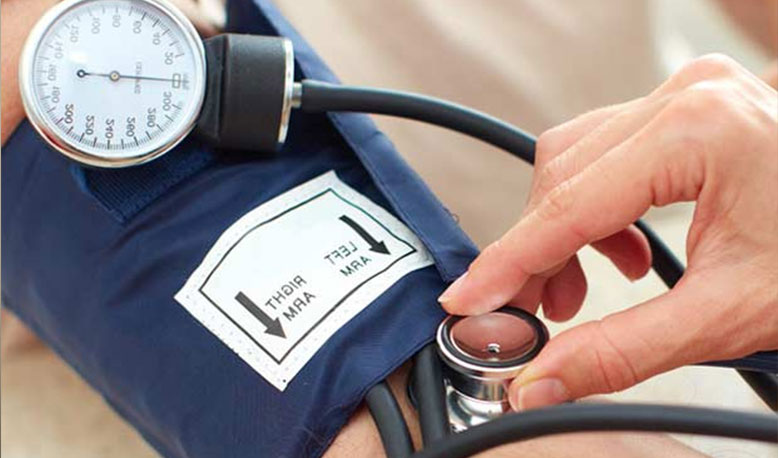
B-RAF is a serine/threonine kinase activated by somatic point mutation in human cancer. Germline activating mutations in B-RAF causes cardiofaciocutaneous syndrome.
DGchem DNA test will help identify mutations in B-RAF
DGchem DNA tests will help doctors decide on the appropriate treatment for patients with mutations in B-RAF. Also, it will help pharmaceutical companies testing B-RAF inhibitors identify appropriate patients who are likely to respond to B-RAF inhibitors.
BRAF mutational status will help determine whether a patient will respond to BRAF-inhibitors. This test will in selecting suitable and personalized drug therapy.
The BRAF gene encodes a protein involved in regulating cell growth and proliferation.1 This enzyme signals downstream activation of numerous receptors creating a cascade that controls the cell.3 Due to its integral role, the signaling activity of BRAF is highly regulated and mutations in critical amino acids can cause cancer.2 Somatic mutations in BRAF have been found in numerous cancers, including non-Hodgkin lymphoma, colorectal cancer, malignant melanoma, papillary thyroid carcinoma, non-small cell lung carcinoma, and adenocarcinoma of lung.4,5 However, BRAF mutations are found in 66% of malignant melanoma cases.8 Of these mutations, the majority are within the kinase domain leading to a single amino-acid substitution (V600E). Mutated BRAF proteins typically have elevated kinase activity and are one of the driving causes of this cancer.
Recently, Vemurafenib (ZelborafAn), an inhibitor targeting mutated BRAF, was recently approved for use in for the first-line treatment of melanomas in patients with the V600E mutation.6 The mutational status of B-RAF will help identify patients that would respond to B-RAF inhibitors therapy.
Not all patients that have BRAF-mutations will respond equally to BRAF inhibitors.
PCR and sequencing of the coding BRAF exons that are hotspot of mutations in cancers will be performed using patient derived tumor and DNA.
We require 1 slide stained with hematoxylin-and-eosin and 10 unstained, non-baked 10-µ thick sections of FFPE tumor tissue or FFPE tissue blocks containing more than 3mm thick tissue. The tumor section should contain at least 70% tumor content as verified by a qualified pathologist. A pathology report that assesses tumor content should accompany specimen in order for testing to be performed. Please call +91-484-2413399/97 or email askus@medgenome.com if you have questions.

DGchem Lab is the best lab in Delhi NCR. We provide free Home Sample collection services and made to realize the importance of investing in a healthy workforce.